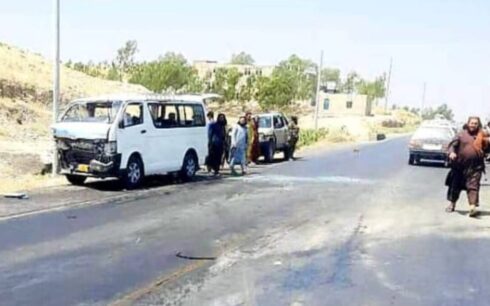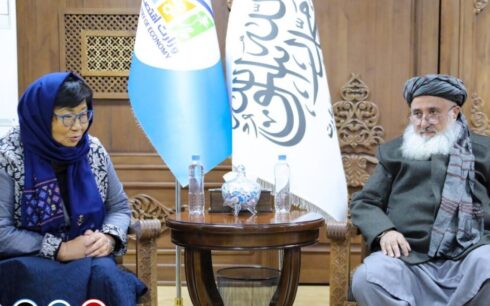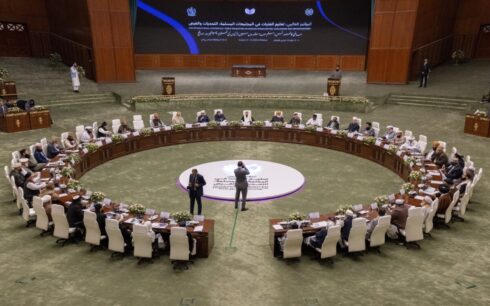The Taliban-run Ministry of Foreign Affairs, responding to the adoption of UN Security Council Resolution 2771, stated that the resolution was adopted despite “disagreements” among permanent members and without their “government’s consultation”.
The resolution, approved on Friday with 13 votes in favor and two abstentions, includes the appointment of a special representative of the UN Secretary-General for Afghanistan.
The Taliban described the appointment of a special representative as “unnecessary” given the presence of the United Nations Mission in Afghanistan, suggesting it portrays Afghanistan as a conflict zone.
The statement emphasized the Taliban’s welcome for “positive efforts of the United Nations for stronger engagement with Afghanistan,” but asserted that their approach would be guided by “religious beliefs, cultural values, and national interests.” They urged the UN to consider “existing facts” in decisions related to Afghanistan and to avoid influence from any party.
During the UN Security Council meeting on Dec. 29, representatives from the United States, Britain, and France criticized the Taliban’s policies on women’s rights and supported the appointment of a special UN representative for Afghanistan.
The resolution aims for a peaceful Afghanistan, fully reintegrated into the international community and complying with international obligations. It stresses the importance of Afghan women’s full, equal, meaningful, and protected participation in the process. The resolution mandates the Secretary-General to report back to the Security Council within 60 days on the consultations.
The special envoy, as per the resolution, should have expertise in human rights and gender, with the mission of promoting dialogues between Afghans and the international community, including the Taliban.
Nasir Ahmad Faiq, Charge d’Affaires of Afghanistan’s Permanent Mission to the UN, stated that the international community’s strategy towards Afghanistan will henceforth be based on this UN Security Council resolution. He mentioned that special country representatives would discuss the implementation of Feridun Sinirlioglu’s recommendations from his independent assessment report.





